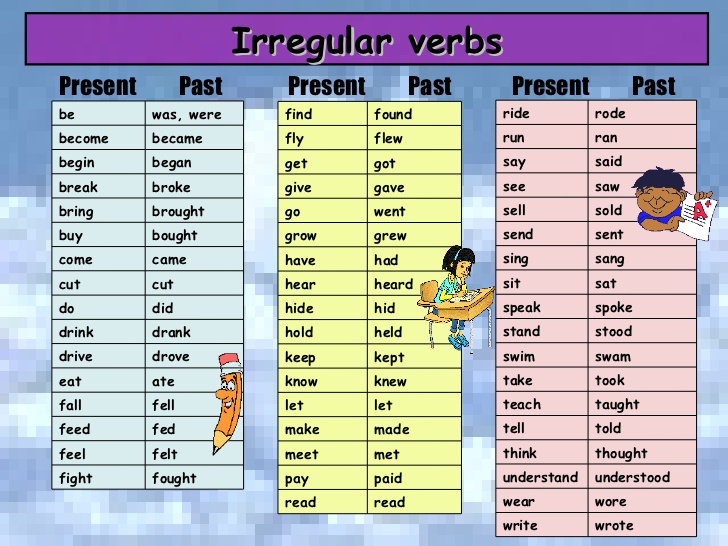

To form the subjunctive mood, use the subjunctive marker yraas (or ut for birti, jesti, gejnti, and terti) in front of the verb form you wish to use. The prime example in this case would be the English verb love, where in Talamäskaski there are 7 verbs for to love Outside of the Indicative Mood Subjunctive Mood In Talamäskaski nouns and adjectives can become this type of verb.Īnother example of this happening is when a verb has multiple meanings in English, whereas Talamäskaski has multiple verbs differentiating the meanings. The most common example would be the copula be in English. There are a lot of these verbs in the Talamäskaski language. Terti, to have (intangible object) ii Non-finite Talamäskaski Ambiguity Terti, to have (tangible object) iv Non-finite I want to sleep, but my sister wants us to watch a movie. Ja vlag dormirm, nuha mne sistralla vlagla yraas mirarä filmoge Sollenti => sljao, sljala, sljalo, sljaly, sljaleįuurnenti => goral, gorla, gorlo, gorly, gorle Vollenti => vlag, vlagla, vlaglo, vlagly, vlagle Muussenti => mjussal, mjussla, mjusslo, mjussly, mjussleĭuurfenti => doral, dorla, dorlo, dorly, dorle Also, the clitic forms do reflect number and gender. Gejnti is one of the few verbs in Talamäskaski that did not regain it's dual forms during the language reformation.ĭe-Verbalization During the Reformation ĭuring the Language Reformation, many auxiliary verbs lost there 'verb status' and now only exist in what are known as 'verbal clitics.' These clitizied verb forms are used in conjunction with the proper conjugation of the verb that the auxiliary would be helping. Regular -ti verbs (pisxti, to write) Non-finite Regular -irti verbs (wiwirti, to live, exist) Non-finite Regular -erti verbs (komerti, to eat) Non-finite Ondwa, Andwe, Indwije, Endwije ( They two) Regular -arti verbs (wadarti, to speak) Non-finite 7.2 Terti, to have (intangible object) ii.7.1 Terti, to have (tangible object) iv.6 De-Verbalization During the Reformation.

4 Regular -ti verbs (pisxti, to write).3 Regular -irti verbs (wiwirti, to live, exist).2 Regular -erti verbs (komerti, to eat).1 Regular -arti verbs (wadarti, to speak).


 0 kommentar(er)
0 kommentar(er)
